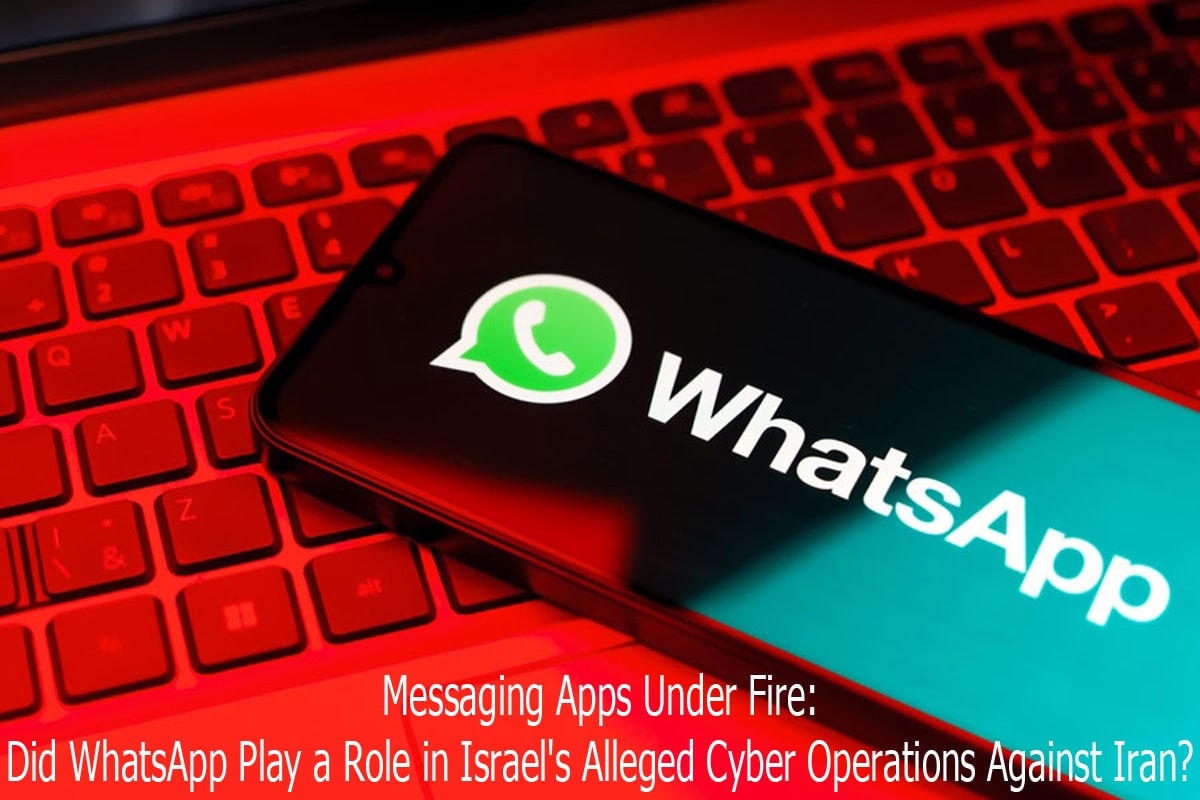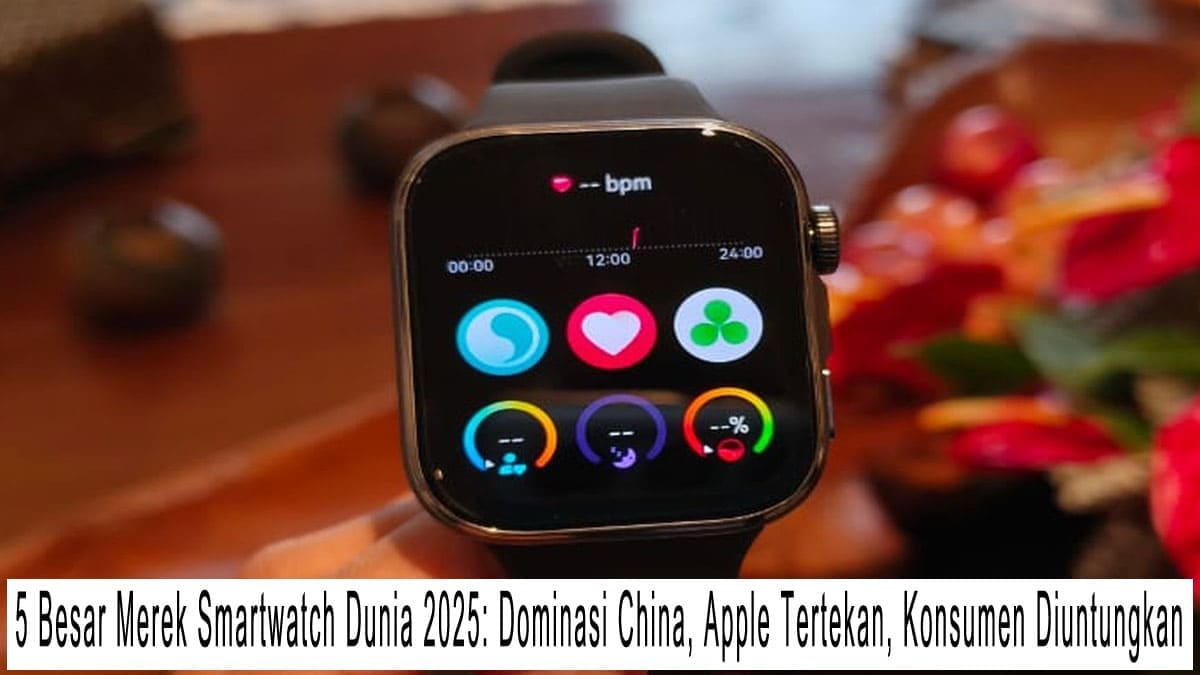
Amid escalating tensions between Israel and Iran, Iranian state media has accused Meta-owned WhatsApp of acting as a surveillance tool allegedly used by Israeli intelligence to target Iranian figures. While WhatsApp strongly denies the claims, the incident has reignited concerns over digital privacy, metadata exposure, and the role of messaging apps in modern warfare.
Allegations Without Proof
In mid-June 2025, following reports of Israeli airstrikes on Iranian nuclear sites and the deaths of several military and scientific personnel. Iran’s state broadcaster IRIB publicly urged citizens to delete WhatsApp, claiming the app leaks user data to “foreign intelligence services.” The broadcaster suggested the app helped Israel track the locations and routines of Iranian officials, including within the military.
However, Iran provided no concrete evidence to support the accusation. WhatsApp responded swiftly, stating that its end-to-end encryption prevents anyone, including Meta, from accessing the contents of users’ messages. The company added that it does not collect message content or location data, nor does it maintain logs of communication patterns beyond what’s necessary for service functionality.
How Secure is WhatsApp?
WhatsApp’s end-to-end encryption system, which is based on Signal, is the foundation of its protection. This ensures that only the sender and recipient can read the messages; not even Meta has the keys to decrypt them. That said, encryption doesn’t mean invisibility.
While messages are encrypted, metadata — such as who is messaging whom, when, how often, and from which IP address — is not encrypted. This metadata can be invaluable for intelligence analysis. For example, knowing that a military officer repeatedly communicates with a foreign diplomat can reveal sensitive patterns even without knowing the message content.
Furthermore, by default, WhatsApp chat backups kept in Google Drive or iCloud are not secured. If an account is compromised, these backups could potentially expose sensitive conversations — unless the user enables end-to-end encrypted backups, a relatively recent and optional feature.
Could Messaging Apps Be Used for Espionage?
Experts warn that even if WhatsApp has strong encryption, the gadget itself is still the weakest point. Sophisticated spyware like Pegasus, developed by Israel’s NSO Group, has previously exploited vulnerabilities in messaging apps — including WhatsApp — to gain unauthorized access to phones.
These zero-click attacks don’t require any user interaction and can give attackers access to messages, camera, microphone, and location data in real-time. WhatsApp sued NSO in 2019 for targeting over 1,400 users globally using such exploits. The lawsuit highlighted that the compromise didn’t stem from WhatsApp’s encryption, but from vulnerabilities in the operating systems of devices.
This suggests that if Iran’s claims are rooted in real data leaks, spyware — not WhatsApp’s own servers — is a more likely culprit.
Strategic Use of Digital Infrastructure
Governments worldwide are increasingly aware of the geopolitical risks of foreign technology. Iran’s accusation may be part of a broader strategy to encourage the use of domestic messaging apps and enforce data localization policies. By casting doubt on the integrity of global platforms, states can justify stricter digital controls and promote local alternatives under the banner of national security.
This trend isn’t unique to Iran. Several Western governments have restricted the use of foreign apps (including TikTok and WeChat) on government-issued devices, citing data privacy concerns and potential surveillance.
What Should Users Know?
While the average user isn’t likely to be targeted by nation-states, the situation offers key takeaways for anyone concerned with digital privacy:
- Enable encrypted backups on WhatsApp to protect chat history stored in the cloud.
- Steer clear of disclosing private information online unless it is absolutely required.
- Use VPNs to mask IP addresses and limit location tracking.
- Keep devices updated to patch known security vulnerabilities.
- Enable two-step verification on all accounts.
Expert Insight
Dr. Gregory Falco, a cybersecurity expert at Cornell University, emphasizes:
“End-to-end encryption protects message content, but metadata is the gold mine for surveillance operations. It’s not about what you say, but who you’re talking to and when.”
Falco’s point underlines the growing consensus among security professionals: the architecture of secure communication needs to include not just message encryption, but protection of usage patterns and device integrity.
Conclusion
While Iran’s accusations against WhatsApp remain unsubstantiated, they’ve reopened a crucial discussion about digital privacy, state surveillance, and the weaponization of communication platforms. Whether or not WhatsApp played a direct role in Israel’s alleged operations, the episode highlights the complex interplay between encrypted messaging, metadata exposure, and cyber-espionage in an era where war is increasingly fought across networks — not just borders.






